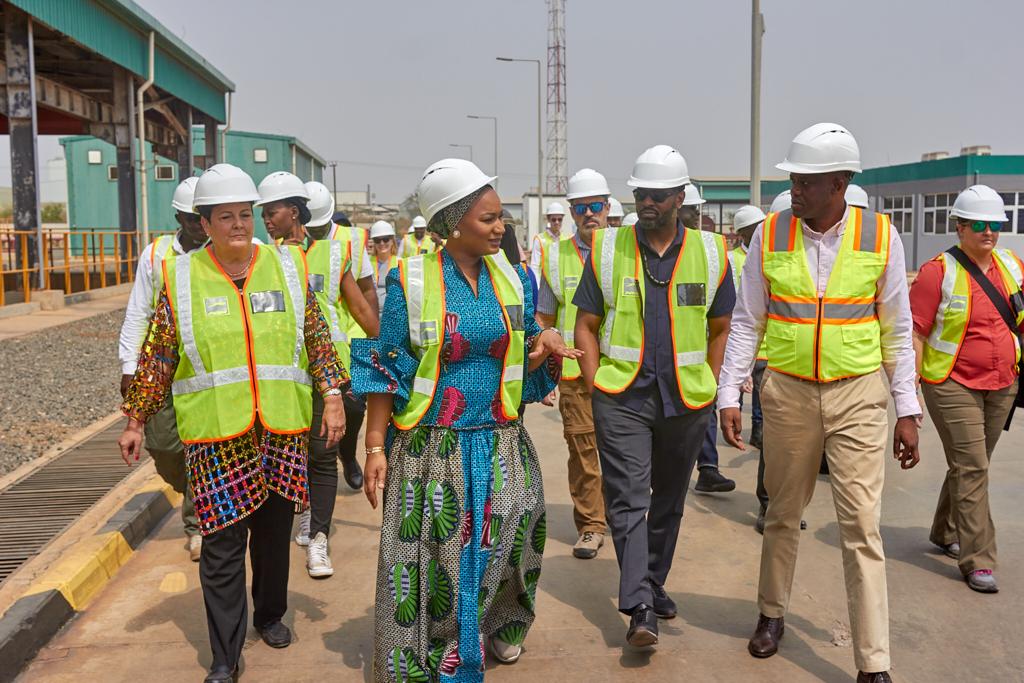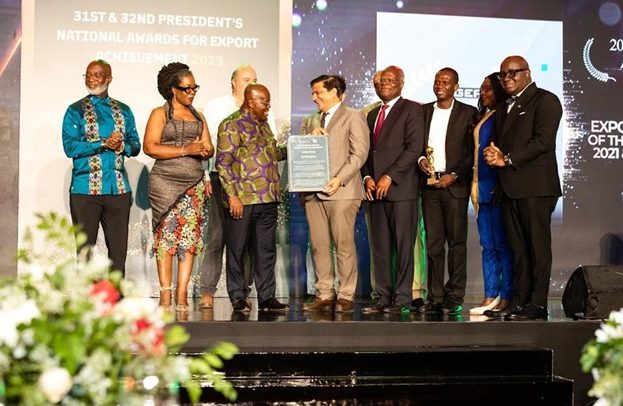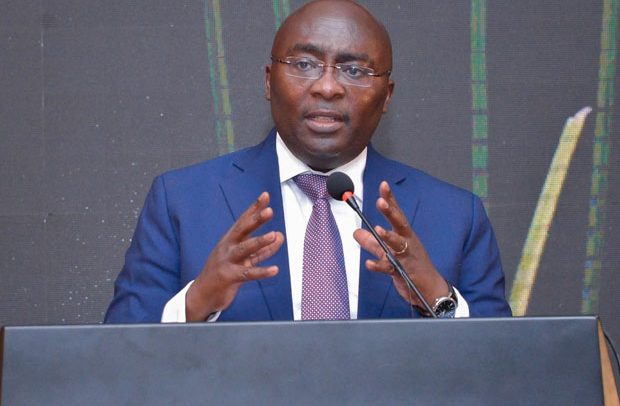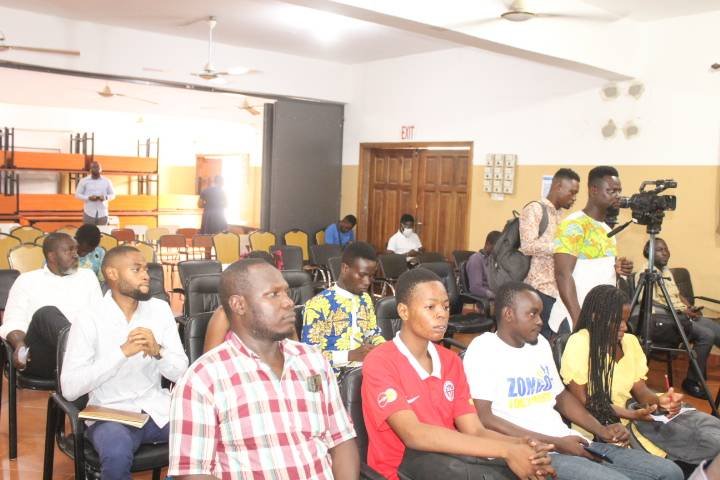
Government must create the enabling environment for private capital to find space in the energy market, Ishmael Edjekumhene, Executive Director of the Kumasi Institute of Technology (KTI), has urged.
According to him, the era of grants and concessionary loans had ended as a result, there was the need for African governments to come to terms with the current trend and allow for alternative sources of financing in the energy sector.
Mr. Edjekumhene made the call last Tuesday in Accra during a round table discussion at a seminar organised by Imani Ghana in collaboration with the OCP Policy Centre, a policy think tank based in Morocco.
The seminar, aimed at bringing to the fore the energy potential of Africa, identify challenges confronting the sector and find ways of addressing them, discussed topics such as: 'Financing energy access and infrastructure in Africa' and 'The potential of renewable energy to meet Africa's energy supply.'
Contributing to the topic, 'Financing energy access and infrastructure in Africa', Mr Edjekumhene said future projections indicated that energy investment in Africa required not less than USD55 billion and "this cannot be provided through the traditional sources of concessionary loans".
He explained that in order to get the required infrastructure, it was important that the enabling environment was created to make the private sector an active player in the provision of infrastructure.
Mr Edjekumhene noted that the private sector could come in potentially by widening of the sector through creating government guarantees to ensure the endorsement of the private investors.
Touching on Ghana's case, he said government must review the regulatory framework to specifically spell out clear modalities to attract private investors in the off-grid provision of electricity.
He indicated that by the projection of the Ministry of Energy, 35 per cent of rural areas do not have access to electricity, and most of these communities fell within the island communities, which made it difficult to hook them onto the national grid.
"Island communities would have to be allowed to be placed on mini grids, if not it would be difficult to achieve 100 per cent universal access," he said.
Mr Edjekumhene said the issue of allowing off-grid participation had always been political as provision of electricity has always been used as campaign promises by political parties in most cases.
Read Full Story

























Facebook
Twitter
Pinterest
Instagram
Google+
YouTube
LinkedIn
RSS